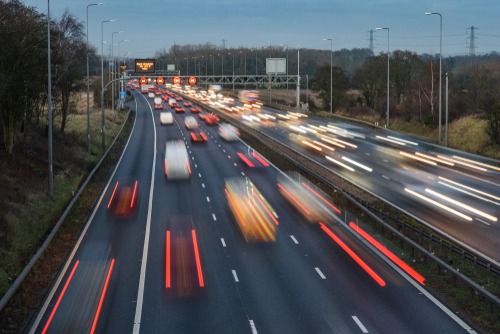
A new report from Juniper Research has found that smart traffic management will save cities $277 billion by reducing emissions and congestion by 2025.
After identifying smart intersections as the key technology behind the savings, it found that those intersections would reduce the time motorists spend in traffic per year by 33 hours by 2025. Smart intersections are defined by high traffic areas that leverage connectivity and AI-based automation to monitor and manage traffic flow based on real-time data.
The new report, Smart Traffic Management: Technologies, Use Cases & Market Forecasts 2021-2025, predicts that more than 95 percent of the savings can be attributed to congestion reduction. North America and Europe will account for over 75 percent of those savings because of their increased investment into smart traffic management and higher vehicle usage.
The research suggests that Vehicle-to-everything (V2X) technologies are needed to enhance smart traffic management services and that V2X leverages cellular connectivity to enable vehicle and smart traffic infrastructure to communicate with one another. V2x connectivity will enable smart traffic management platforms to gather data directly from vehicles instead of relying on traditional methods.
The report predicts that investment into smart parking will grow to $1 billion by 2025, up from $460 million in 2021. Researchers expect that smart parking vendors will focus on connectivity between parking sensors, management platforms, and end-users and urges vendors to focus on smart displays to provide relevant, up-to-date parking availability to road users in a safe manner.